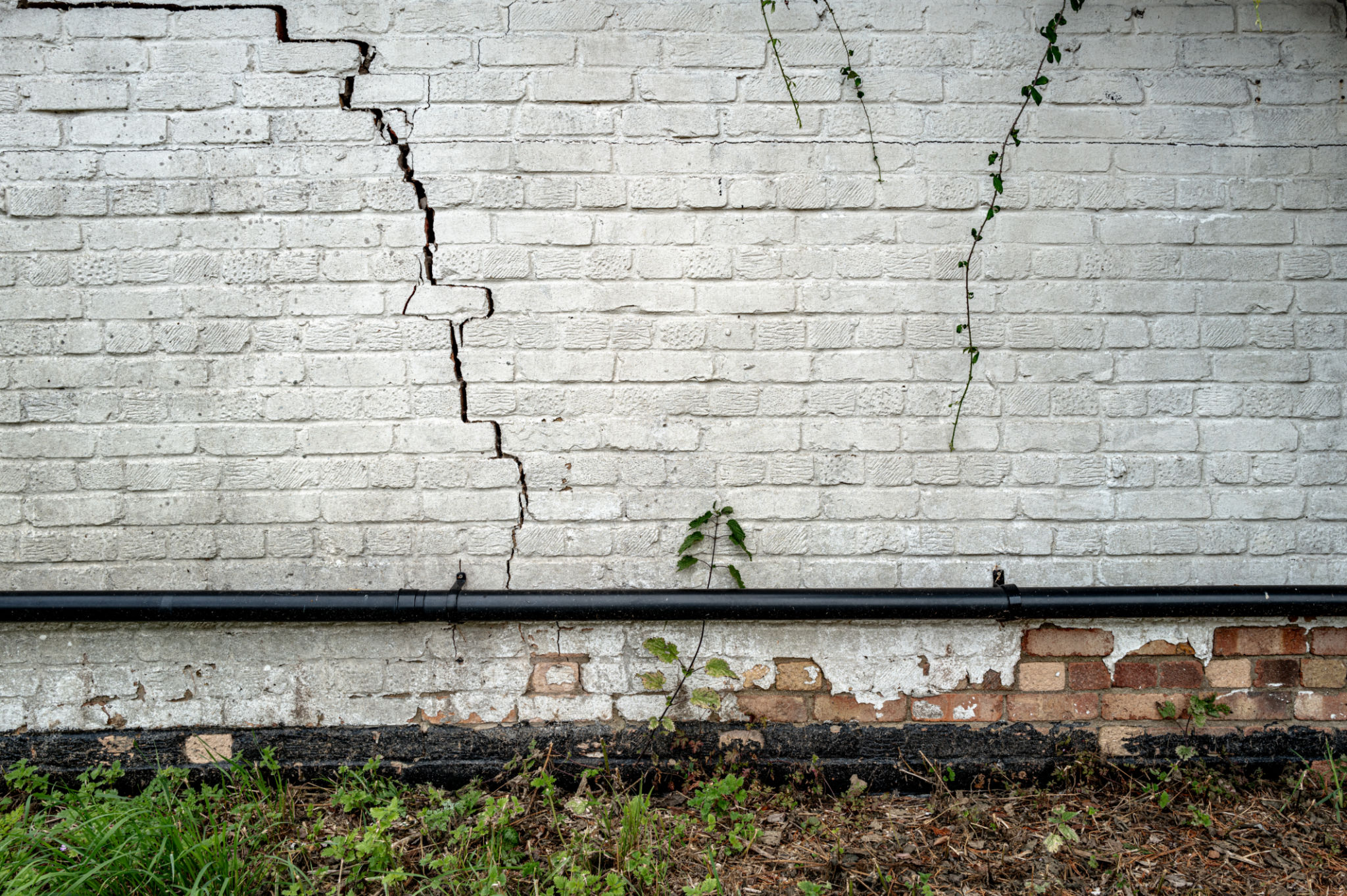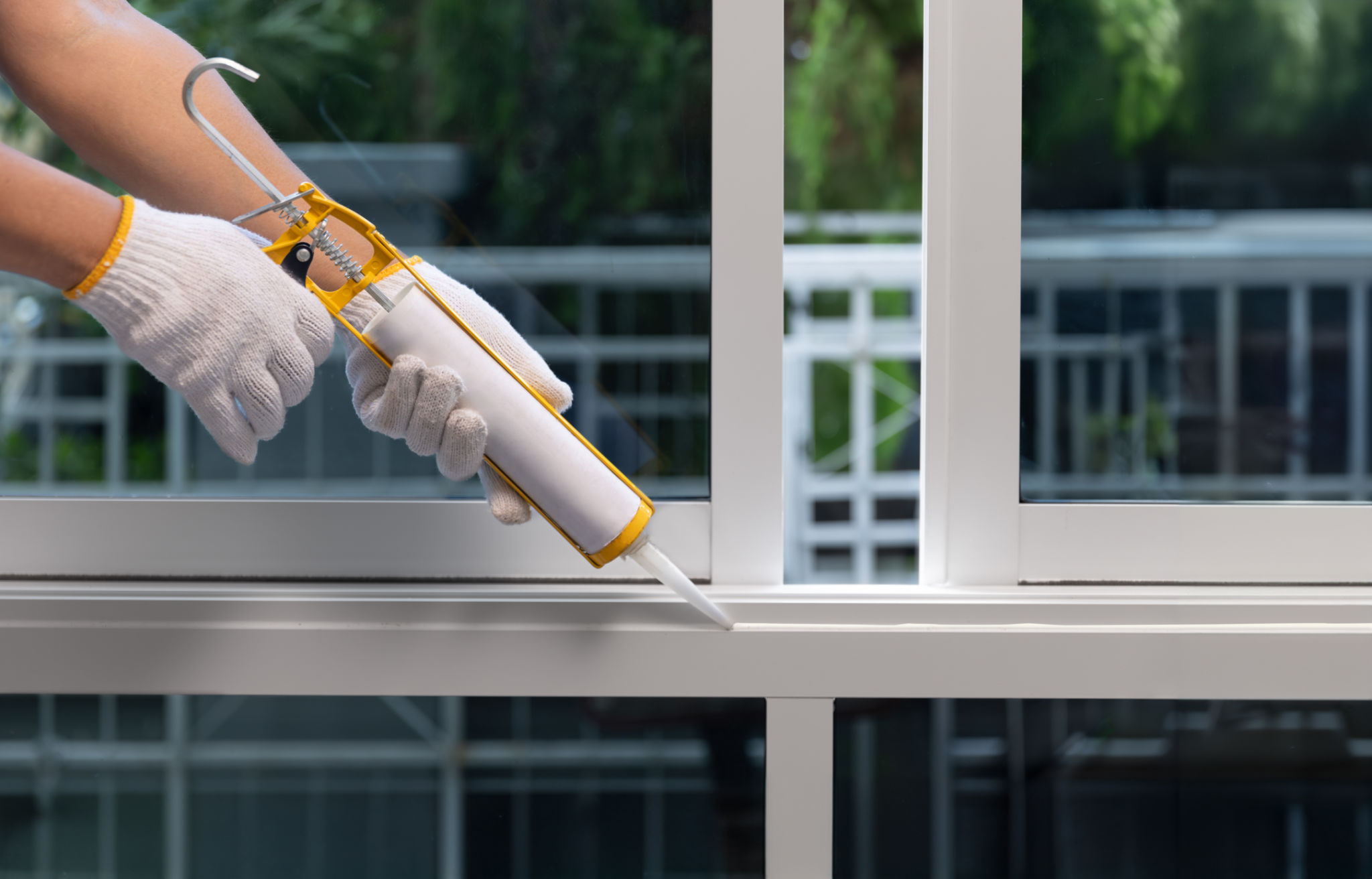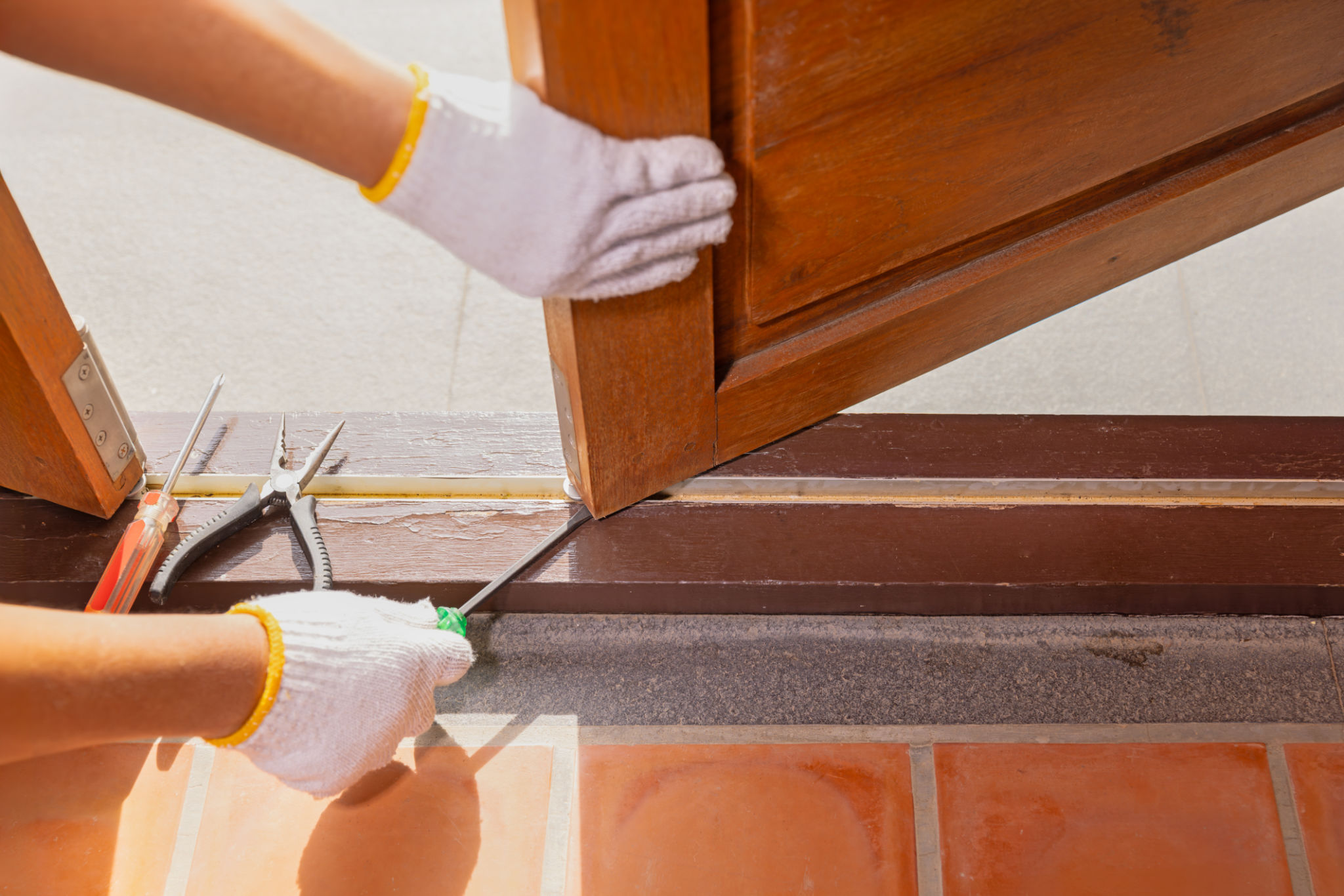DIY Tips for Minor Foundation Repairs: What You Can Do Yourself
Understanding Minor Foundation Issues
Foundation problems can be daunting, but not all issues require professional intervention. Many minor foundation repairs can be addressed with a bit of DIY knowledge. It's crucial to first identify whether the problem is indeed minor. Look for signs such as small cracks in the walls, doors that don't close properly, or slight sloping in floors. These symptoms often indicate manageable issues.

Essential Tools and Materials
Before starting any repair work, gather the necessary tools and materials. For most minor foundation repairs, you'll need items such as a caulking gun, epoxy injections, polyurethane foam, and concrete patching material. Having these supplies on hand will make the process smoother and more efficient.
Additionally, personal safety should never be overlooked. Always wear protective gear like gloves and goggles to safeguard against dust and debris. A dust mask is also advisable, especially if you're working indoors.
Repairing Small Cracks
Small cracks in the foundation are common and typically not a cause for alarm. To repair these, clean the crack thoroughly to remove any loose debris. Once clean, use a caulking gun to apply an epoxy injection or polyurethane foam into the crack. These materials expand and seal the gap, preventing further moisture penetration.

Addressing Uneven Floors
Uneven floors can often be corrected by reinforcing the joists or adding support beams. Begin by inspecting the crawlspace or basement to identify any sagging areas. Jack posts can be used to provide additional support where needed. Adjust these jacks gradually over time to level the floor without causing damage.
If your floors are only slightly uneven, it might be sufficient to use self-leveling compound on concrete slabs. This compound can fill in low spots and create a smooth, even surface.
Fixing Sticking Doors and Windows
Doors and windows that stick are often a sign of foundation settlement. To resolve this, first ensure the frames are not warped. Remove any excess material around the edges and adjust the hinges if necessary. For wooden frames, sanding down the edges can often relieve pressure and allow for smoother operation.

The Importance of Drainage
One of the most effective ways to prevent minor foundation issues from escalating is by ensuring proper drainage around your home. Poor drainage can lead to water pooling near the foundation, exacerbating any existing issues. Install gutters and downspouts that direct water away from your home's base, and consider grading the soil to slope away from the foundation.
Regularly check gutters for clogs and clean them out to maintain effective water flow. Installing a French drain or surface drain can also help manage water runoff effectively.
When to Call a Professional
While many minor foundation repairs can be handled independently, it's important to know when to seek professional help. If cracks are wider than a quarter-inch, or if there's significant water intrusion or structural movement, these could be signs of more serious problems. In such cases, consulting a foundation specialist is advisable to avoid further damage.
Remember that regular maintenance and monitoring are key to preserving your home's foundation integrity. By addressing minor issues as they arise, you can save money and prevent more extensive repairs in the future.
